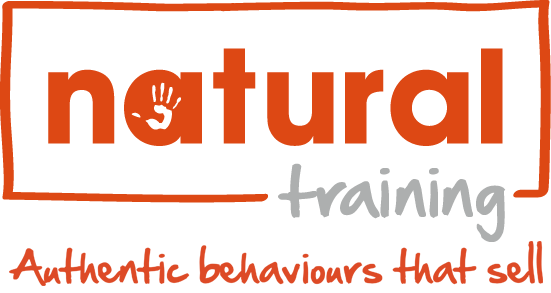Sell like a 5 year old: How to master the art of curiosity to bolster your selling performance
Some of the most powerful and long-standing sales training we receive is when we are children. Frustratingly for some, those invaluable lessons are not fully understood and used to the full until we are much older – at which point we look back and realise where this natural flare and knowledge actually grew from.
Now it’s time to harness that learning and adapt it to use within the sales environment to bolster your current approach and boost overall performance. It’s time to sell like a 5 year old!
A hallmark of a 5 year old is simply being curious. The reason that you overhear parents telling their children to “stop asking so many questions” is that those children have naturally learnt that the only way to get the really good and valuable information is to keep asking until you get shut out. (For a funny video on this, see Louis CK and his “why?” routine here).
What a lesson to learn so young.
To be driven by questions and curiosity is a very useful weapon in the sales environment and something that we emphasise in our sales training programmes. Effective sales people aren’t consciously and overtly selling – they don’t go into a meeting and think “I need to sell to this person”. Instead they are doing something that comes far more naturally to them – being interested in the world around them.
So, what are the truly great sales people getting themselves curious about, and what questions are they asking of their customers? Here are three techniques to sell like a 5 year old:
1) Notice behaviour: 5 year-olds rarely miss anything, despite the best efforts of parents to secrete a bit of chocolate into their mouth. Be wide eyed, just like a 5 year old. Keep a keen eye on the sale, of course, but don’t be afraid to ask questions that stray slightly from: “Are you ready to buy?”. If you are looking to strengthen your understanding of the person you are selling to, their behaviour always offers up vital clues. How does he or she act and behave in different scenarios? What vital clues can you pick up about the person that could support your sales efforts along the line? By way of example, consider asking questions that give you a clear indication of how your customer will behave during different stages of the sales process: ”Are you happy for me to call you back in a couple of days to talk through the proposal?” A positive reaction signifies the type of open and collaborative behaviour that supports a strong sale. Ask questions that prompt a reaction, and be sure to remember how your customer behaves in different situations.
2) Get personal: Strong relationships are crucial to the selling process, and one way to ensure that you are building that relationship is by being curious about your customer’s life outside the office. We’re not suggesting you should be asking personal questions the first time you meet, but by asking appropriate questions at the right time, you can take your relationship to the next level, build on the trust, and get into a good position to sell. An estate agent recently called me on my mobile phone while I was at a football game, and the next time he saw me he had an insight into the game. Just by finding out about my football team he has found some ‘safe ground’ to transform our relationship from seller and customer, to something akin to a friendship. People buy from those they trust, and finding out small but significant details about a personal life can build that level of trust and improve sales performance.
3) Stick your nose in their business: It pays dividends to look wider than the sale, and that’s the customer’s business. Think about what you can pull into your conversations with customers – to build a platform where you can ask questions without feeling as though you’re an annoying sales person being ushered out the door. Look, notice, search, uncover, interview – but most of all ask questions and show an interest, then keep on constant look out for vital clues during your conversation that might impact on your eventual close. Here’s a great example question: “What is the biggest question facing your industry in the next 12 months Mr Customer?”
The overriding factor is that to become a leading salesperson you must be genuine, natural, and actually want to find out more about people through building real relationships. When you do this, selling becomes more than simply you trying to “sell something”, and more towards building a connection based on mutual trust, respect and understanding.
Essentially, through asking questions and listening to your customers, you are extracting information from them that will help you drive up sales success. This is simple to do, yet pays high dividends.
Be interested in the person, not the sale, and you’ll soon realise that your questions will unveil the kind of detail and clues that will support the eventual sale close – just never stop asking.


